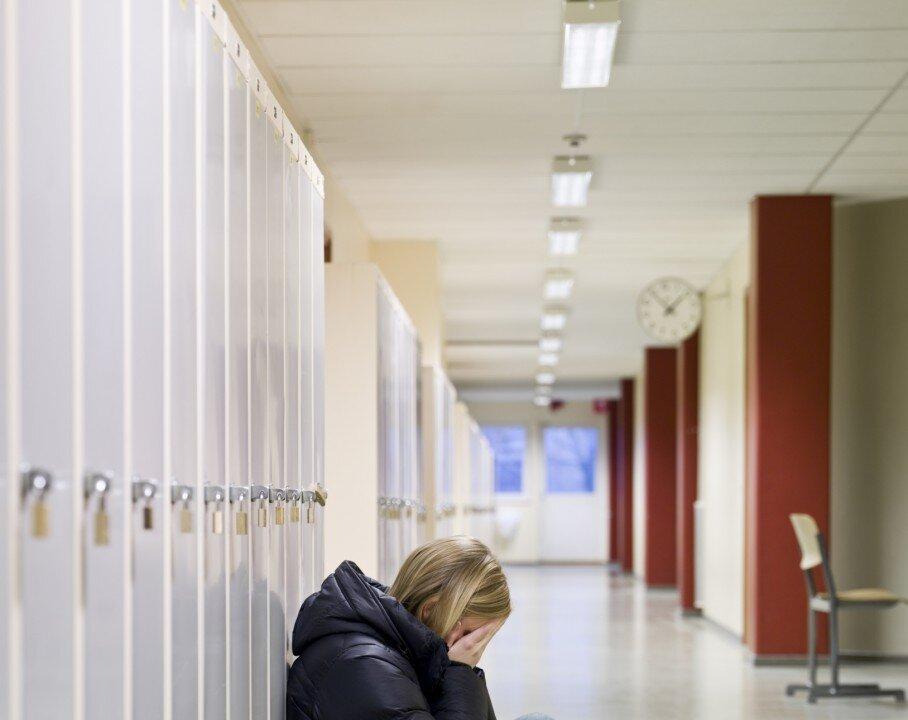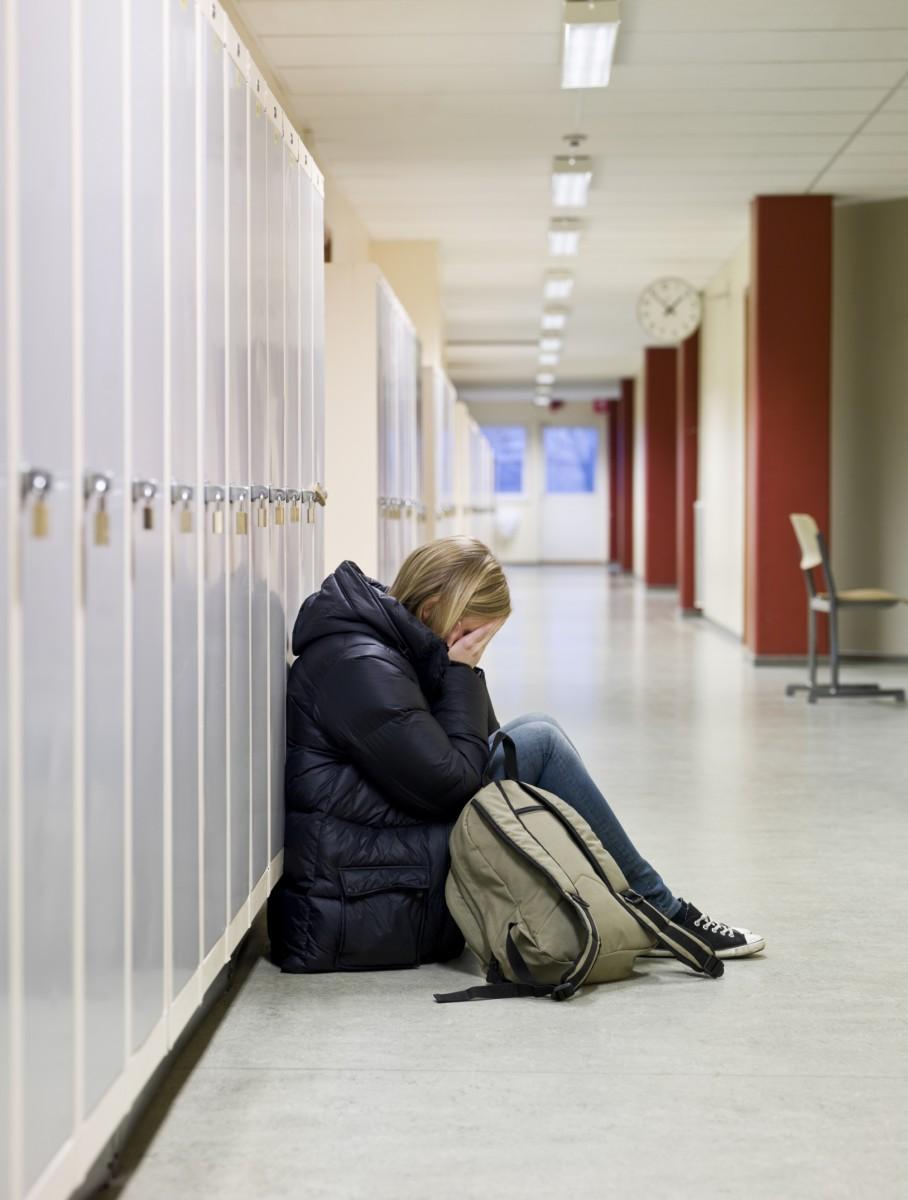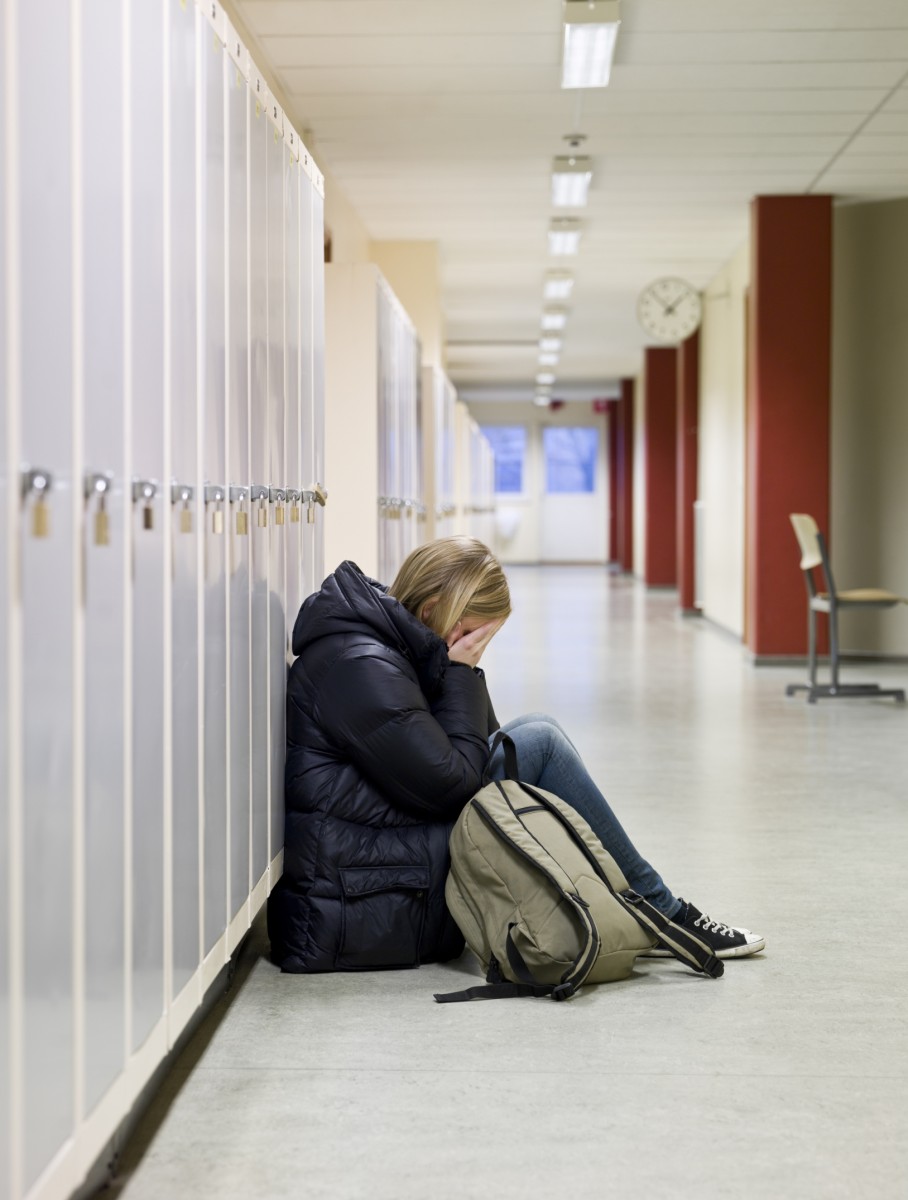The Quebec government’s proposed legislation requiring all Quebec schools to adopt an anti-bullying and anti-violence plan is being lauded by UNICEF as an important step in curbing bullying in the province, which has the highest rate of bullying in the country.
“I think we all agree that this is a step in the right direction for addressing the problems of bullying and violence among young people,” says David Morley, president and CEO of UNICEF Canada.
“What makes this initiative even more welcome is that it supports several actions that UNICEF has been advocating for a number of years … based on violence prevention and a culture of respect for others.”
The government also announced a major TV and Internet media campaign to raise awareness about different types of bullying and urge people to stand up against it.
Quebecers will be asked to sign a Declaration of Support against intimidation and violence, posted on the media campaign website irightthewrong.com.
The measures aim to strengthen ongoing efforts to combat bullying in the province.
According to Statistics Canada, Quebec has a higher incidence of bullying than the national average—10 percent of all Quebec students are victims of acts of bullying at least once per week, compared with the national average of 8 percent.
The high-profile suicide of 15-year-old Quebec student Marjorie Raymond, who took her own life in November after being physically and psychologically bullied by students at her school for years, has added to pressure to find a solution.
However, Morely is disappointed the Charest government’s anti-bullying plan lacks an explicit mention of children’s rights, which is an important component of any anti-bullying campaign.






